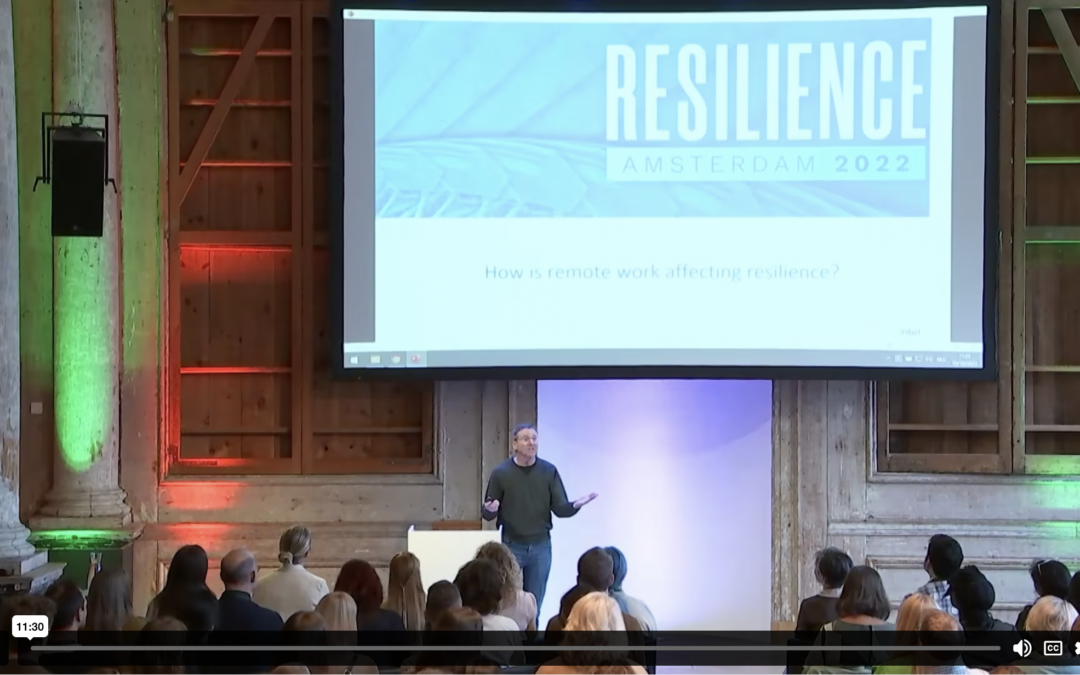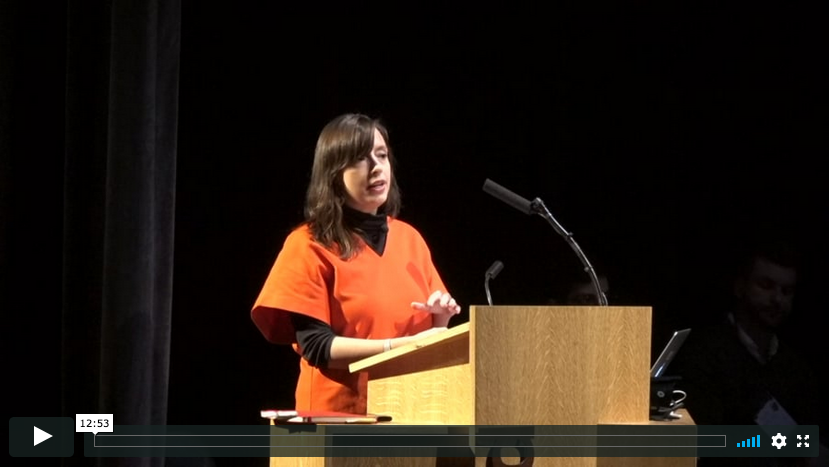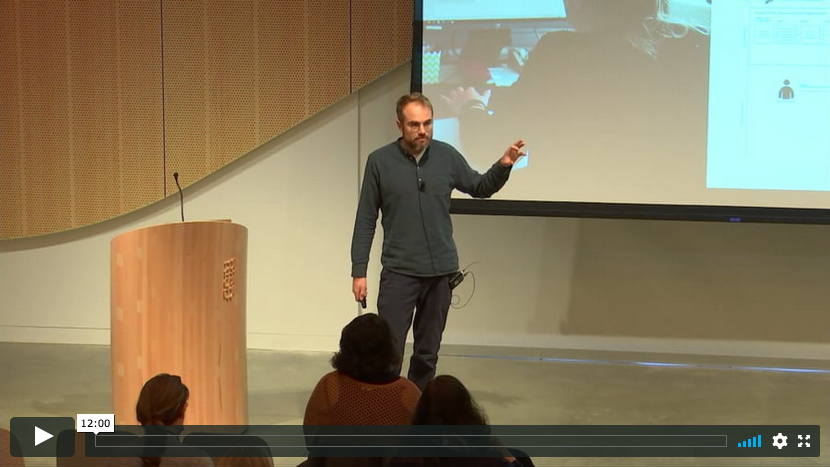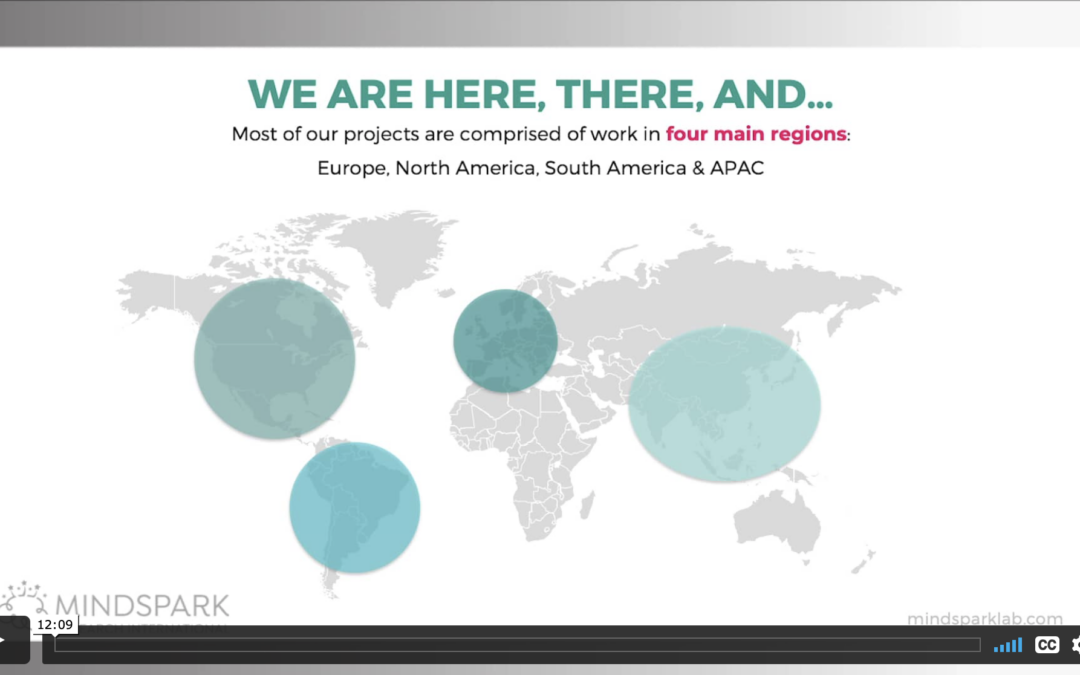This study on the integration of artificial intelligence (AI) and large language models (LLMs) presents key...


This study on the integration of artificial intelligence (AI) and large language models (LLMs) presents key...

COVID-19 has precipitated a massive social experiment – the sudden shift of millions of knowledge workers from...

This paper explores how the design of everyday interactions with artificial intelligence in work systems relates to broader issues of interest to social scientists and ethicists: namely human well-being and social inequality. The paper uses experience designing human interactions with highly...

Three service design projects, in hospitality, finance, and health care, highlight how to design for agency in the workplace, including the implementation of automated and data-driven tools. Inspired by Tacchi, Slater, and Hearn's work on ethnographic action research, Amartya Sen's capabilities...

“I got verbals, but verbals don’t hold up in court….I need it in black and white.” After Sheila submits hospital quality data to the Center for Medicaid and Medicare Services (CMS), reports indicate that her data hasn’t been received. She makes countless calls to the CMS Help Desk to get answers....

This case study offers an in-depth analysis of the foundational role of documentation for software quality,...

GSuite is changing the nature of Knowledge Work across 5 million businesses through AI-powered assistance. To ensure that this evolution reflects the aspirations and priorities of workers, Google and Stripe Partners conducted a multi-national ethnography of Knowledge Workers covering a range of...

This paper describes the results of a multi-year ethnographic study of how knowledge workers integrate new technology into their work practices. We studied mobile and remote workers who use smartphones, tablets, cloud computing, and social networking to support their work. Study findings describe...

We propose a new approach for project inspection applying ethnography to identifying IT system project risks. Guideline-based inspection is generally conducted in the IT industry to reduce project risks. Guidelines are created based on analysis of failures in past projects. However, it is...

In this catalyst, we the authors describe the benefits of ‘scaling out’: reaching out beyond one's organization to bring in external partners to accomplish UX research. Organizations scale out their research efforts in order to cover more ground, draw from more specialties, or conduct more...